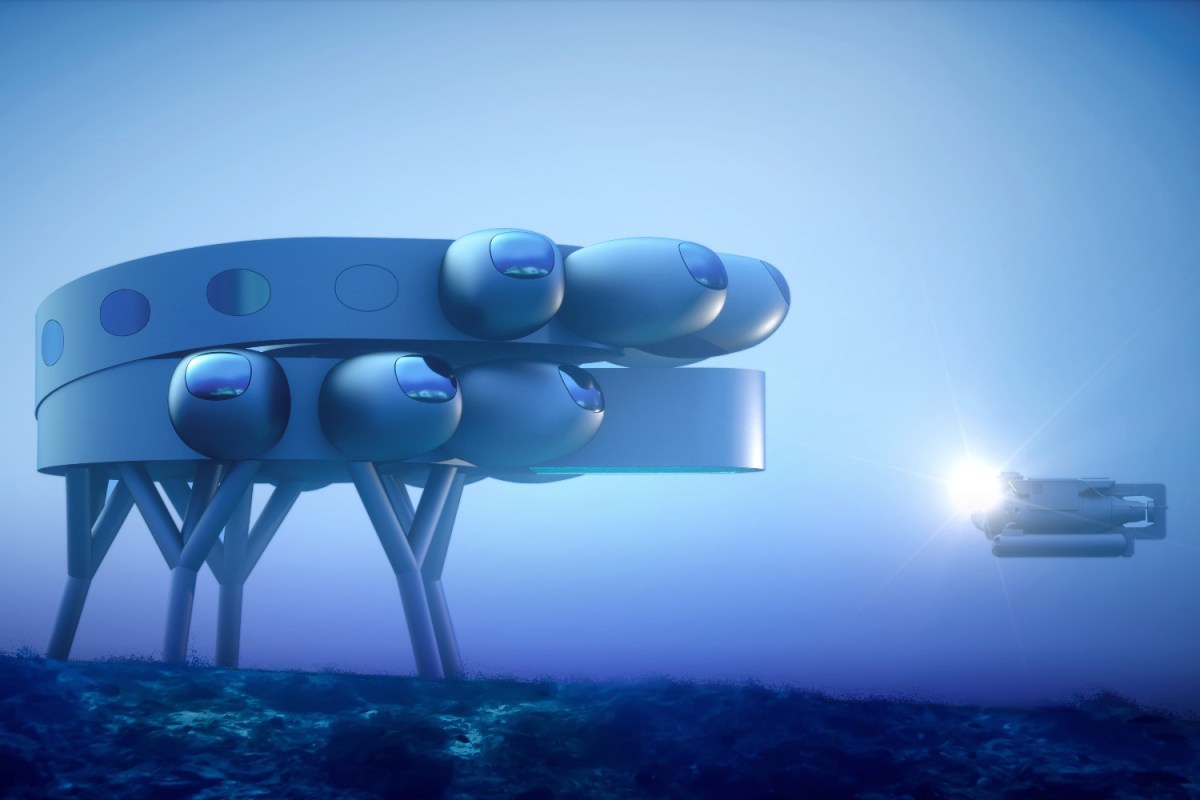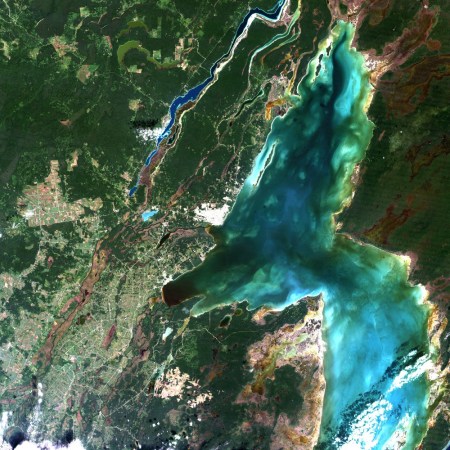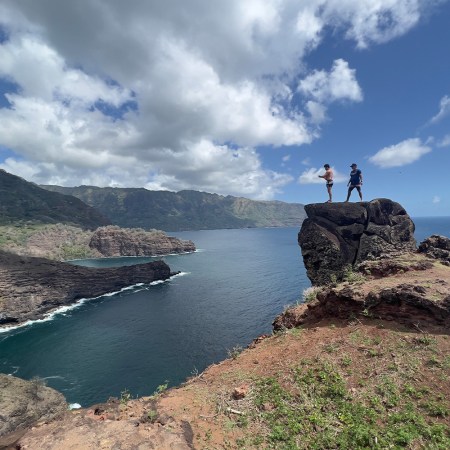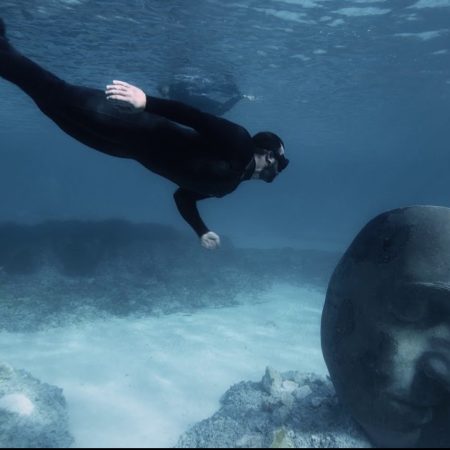In 2021, Fabien Cousteu — yes, he’s Jacques’s grandson — announced a bold endeavor: the creation of Proteus, an underwater station that could support long-term human occupancy and serve as the center for research missions to better understand marine life. This week, Proteus just got a significant boost, with a U.S. government agency signing on to use the space.
The National Oceanic and Atmospheric Administration (NOAA) recently signed an agreement to, in the agency’s words, “advance marine science, research and education.” The official announcement also indicates that the government and Proteus will share information, with the NOAA getting a better sense of how to build underwater habitats and Proteus being connected to NOAA’s scientific expertise and vehicular resources.
The station, which hopes to house up to 12 people in a space as large as 2,000 square feet, will be situated in the waters off the coast of Curacao. In their report on this news, Popular Science stated that Proteus is looking at a completion date sometime in 2026.
A Chat With the Scientist Living Underwater for 100 Days
Dr. Joseph Dituri is in the midst of Project Neptune 100. He’s really happy about it.“With NOAA’s collaboration, the discoveries we can make — in relation to climate refugia, super corals, life-saving drugs, micro environmental data tied to climate events and many others — will be truly groundbreaking,” Cousteau said in a statement. “We look forward to sharing those stories with the world.”
As Popular Science noted about this announcement, the Proteus station is also significantly larger than the one NOAA has recently been using, Aquarius. Hopefully this will be a mutually beneficial — and educational — experience for everyone involved.
Thanks for reading InsideHook. Sign up for our daily newsletter and be in the know.


















